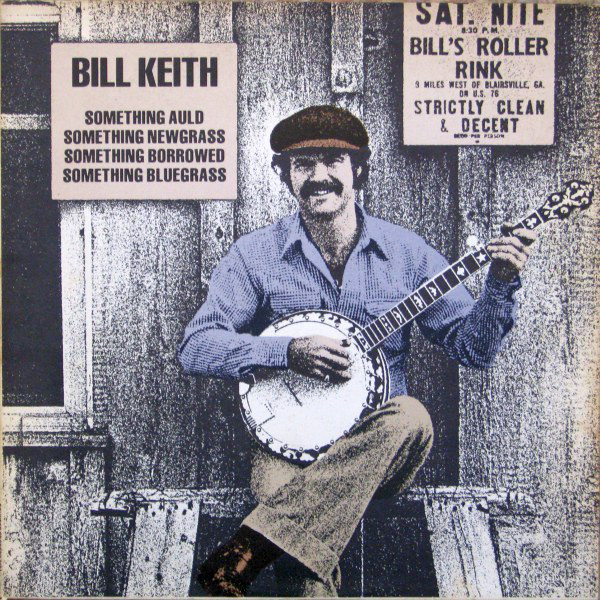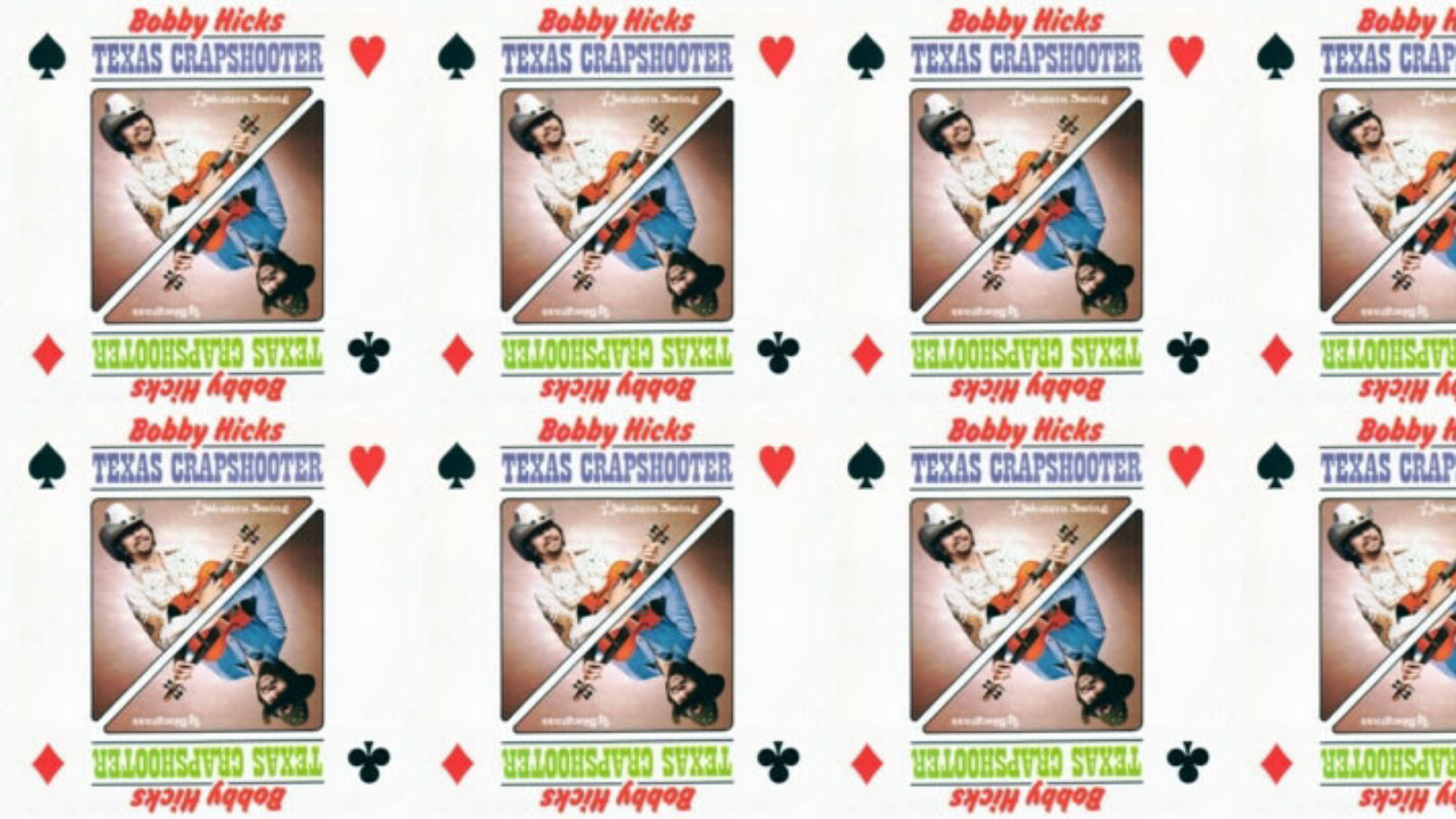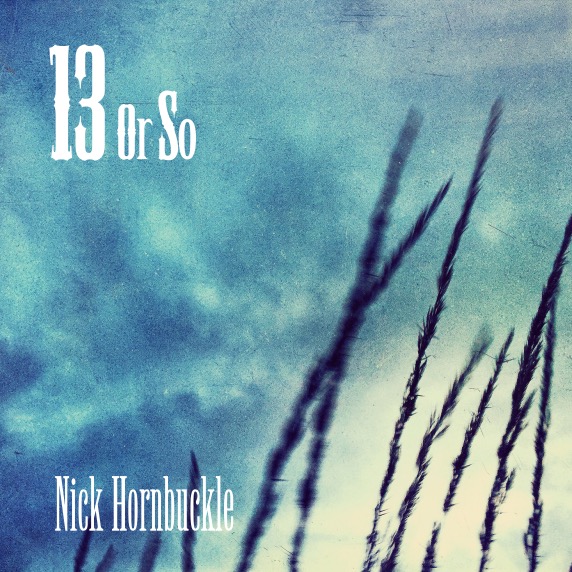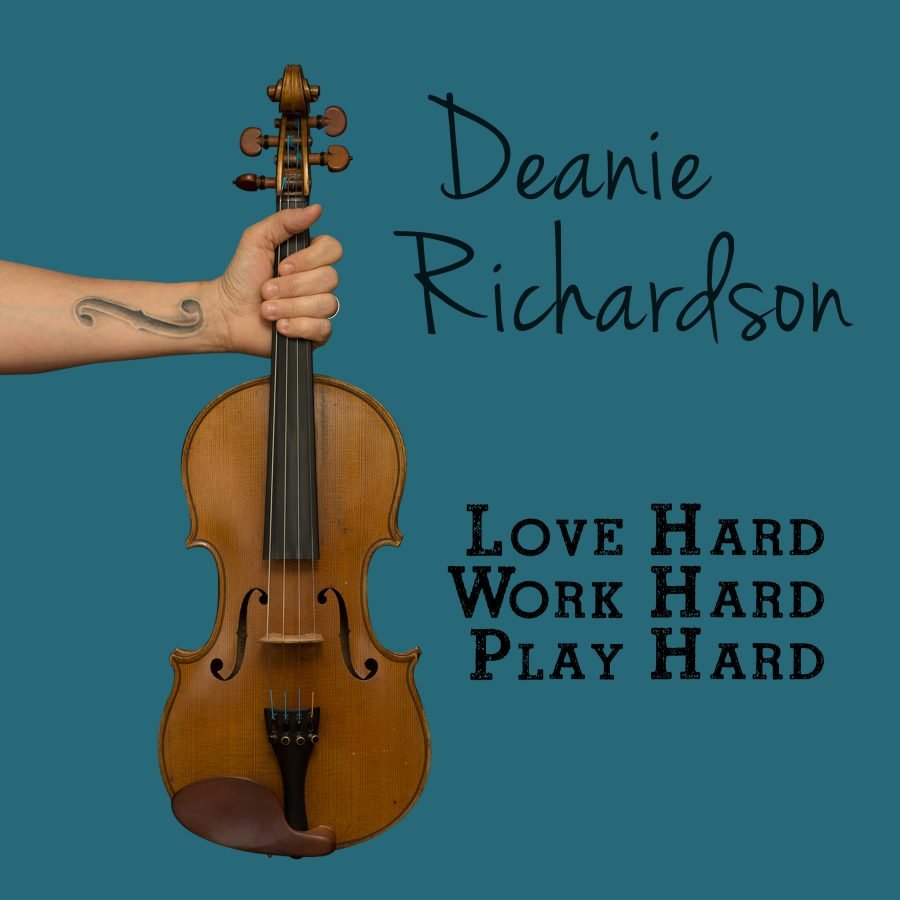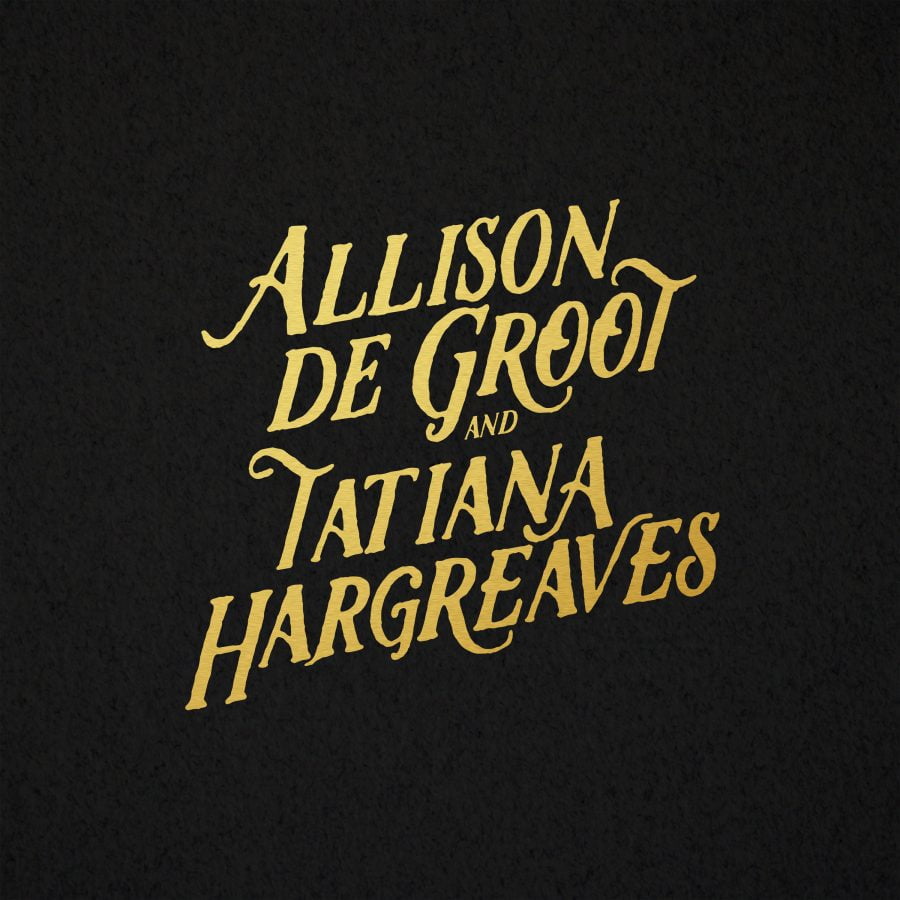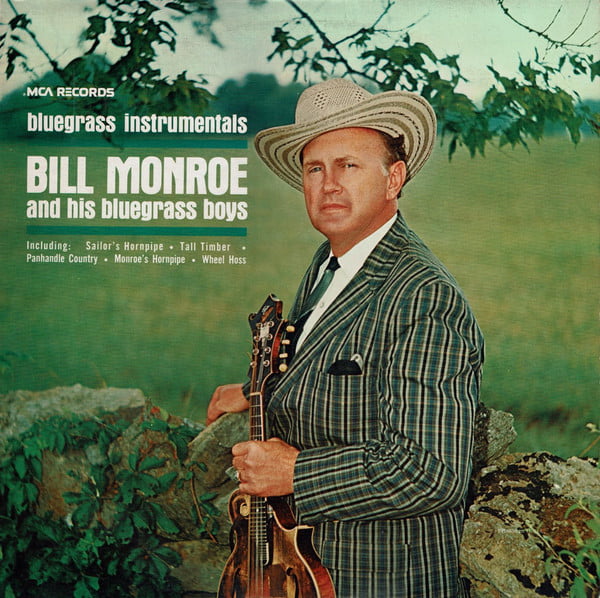Before we turn out the light on 2019 — and the 2010s — let’s celebrate one last Tunesday Tuesday. This column began in 2018 as our instrumental answer to our now-dormant Song of the Week feature, with an understanding that roots music (especially bluegrass, old-time, and country) wouldn’t exist without virtuosic pickers, and that most outlets, by nature being centered on more commercial forms of music, tend to overlook the incredible offerings of instrumentalists.
As we look ahead to more tunes, more breakdowns and waltzes and jigs and polkas, in 2020, it’s a fitting time to visit “Auld Lang Syne” as recorded by Bluegrass Hall of Famer and banjoist extraordinaire Bill Keith in 1976 on Something Auld, Something Newgrass, Something Borrowed, Something Bluegrass. (Please, on behalf of the tenor of this column, ignore the sung verse by Jim Rooney — or simply treat it as a once-hollered refrain line in an old-time tune that doesn’t negate the tuney-ness of it all. Everybody good?)
Joined by Tony Rice, David Grisman, Vassar Clements, and Tom Gray, this version of the truly ubiquitous, ingrained melody begins with a jazzy, ragtime flair, circa the late 1800s and banjo’s golden age. Then, as most bluegrass covers of non-bluegrass tunes go, it kicks into time with the chord progression massaged towards diatonic simplicity and the tempo dialed into ideal banjo range. Keith utilizes his namesake tuners and signature melodic style to capture the song in a way that oozes traditional bluegrass, but is still fresh and innovative — even forty plus years on. It’s a perfect banjo-y, bluegrassy way to bring in a new year and say goodbye to the old, too.
Happy 2020!
